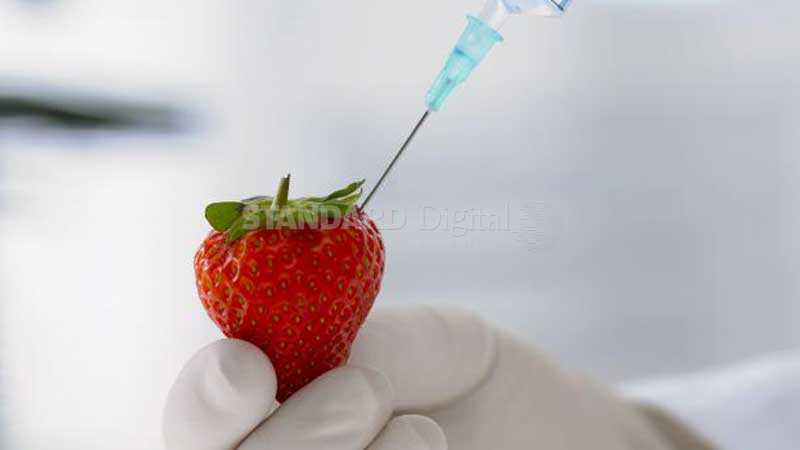×
The Standard e-Paper
Stay Informed, Even Offline

Three top laboratories handling genetically modified organisms (GMOs) in Kenya are highly contaminated with disease-causing germs.
A study published early this month (March 7) found the three laboratories highly contaminated with bacteria and harmful fungus.